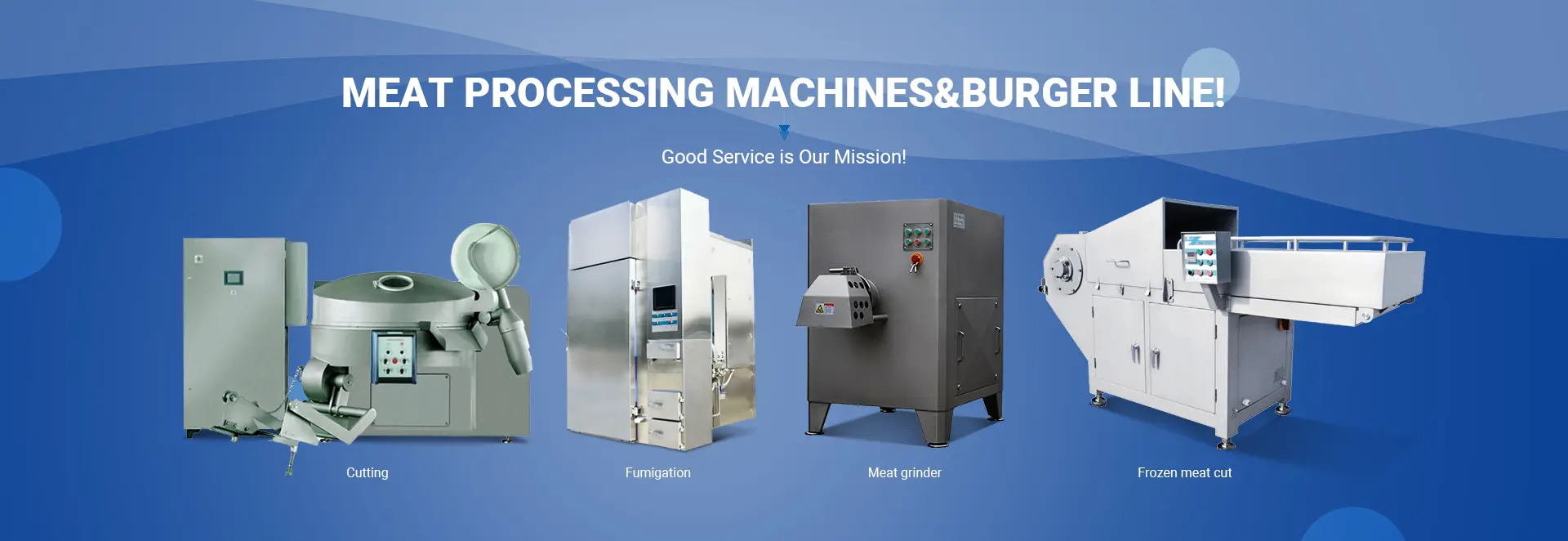
Jul . 26, 2024 21:22 Back to list
Finding the Best Supplier for Commercial Meat Tenderizers for Your Food Business Needs
The Rising Demand for Commercial Meat Tenderizer Suppliers
In the competitive landscape of the food industry, the quality and presentation of meat products are paramount. Whether in restaurants, caterers, or food retail outlets, the tenderness of meat can significantly influence customer satisfaction and repeat business. As such, the role of commercial meat tenderizer suppliers has become increasingly important in ensuring that culinary professionals can deliver the best possible dining experiences.
Understanding Meat Tenderization
Meat tenderization is the process of breaking down tough muscle fibers and connective tissues in meat, making it more palatable and enjoyable. This is particularly crucial for tougher cuts of meat, which can be off-putting to customers if not properly prepared. Various methods exist for tenderizing meat, including mechanical, enzymatic, and thermal processes.
Mechanical methods involve physically breaking down the meat fibers. This can be achieved through the use of specialized tools or machines that pound or perforate the meat. On the other hand, enzymatic tenderizers utilize natural enzymes, such as papain from papaya or bromelain from pineapple, to break down proteins in the meat. Thermal methods, such as slow cooking or sous-vide techniques, also help in achieving tenderness by allowing the meat to cook in a controlled environment over extended periods.
The Role of Suppliers
Commercial meat tenderizer suppliers play a critical role in providing the necessary tools and products that chefs and food service managers require. These suppliers offer a wide range of products, including mechanical tenderizers, enzymatic powders, and even pre-marinated meats that have undergone tenderization processes. The variety allows culinary professionals to select the best method suited for their specific needs and types of meat.
commercial meat tenderizer supplier

Moreover, suppliers often provide educational resources and training to help chefs understand the benefits and proper usage of different tenderizing techniques
. This knowledge can be invaluable in a busy kitchen where efficiency meets the demands of quality and taste.Quality Assurance and Sourcing
For commercial meat tenderizer suppliers, maintaining high quality in their products is essential. As consumers become more health-conscious, there is an increased demand for minimally processed and natural meat products. Suppliers need to ensure that their tenderizing solutions are not only effective but also align with health regulations and consumer preferences.
This requires careful sourcing of ingredients, particularly for enzymatic tenderizers. Suppliers must collaborate with reputable producers to guarantee that the enzymes used are of the highest quality and efficacy. Additionally, transparency in the sourcing process can help build trust with clients who may be concerned about the origins and integrity of the products they use.
The Future of Meat Tenderization
As the food industry continues to evolve, so does the technology associated with meat processing and tenderization. Innovations such as advanced mechanical tenderizing machines and new enzymatic formulations are continually being developed. Furthermore, with the rise of plant-based meats and alternative proteins, the role of tenderization may expand to include unique methods tailored specifically for these products.
In conclusion, the role of commercial meat tenderizer suppliers is pivotal in helping the food industry enhance the quality of meat products. By providing innovative tools and techniques, they assist chefs and food service professionals in delivering dishes that not only meet but exceed customer expectations. As demand grows for tender, flavorful meat, suppliers will continue to be at the forefront of this critical aspect of food preparation. The future of meat tenderization looks promising, with ongoing advancements in technology and a commitment to quality that will shape the culinary landscape for years to come.
Latest news
-
[Product Name]-[Company Name]|[Core Function 1]&[Core Function 2]
NewsJul.13,2025
-
SmartFlow 3000 Series-Industrial Automation Solutions|AI Analytics&Energy Efficiency
NewsJul.13,2025
-
NextGen Equipment Series-IndustrialTech Solutions|Smart Automation&Real-Time Analytics
NewsJul.12,2025
-
Smart Irrigation System - Example Corp | Water Conservation, AI-Driven Efficiency
NewsJul.12,2025
-
Chicken breast meat slicer
NewsMar.07,2025
-
Meat Bowl cutter for LAB
NewsMar.07,2025